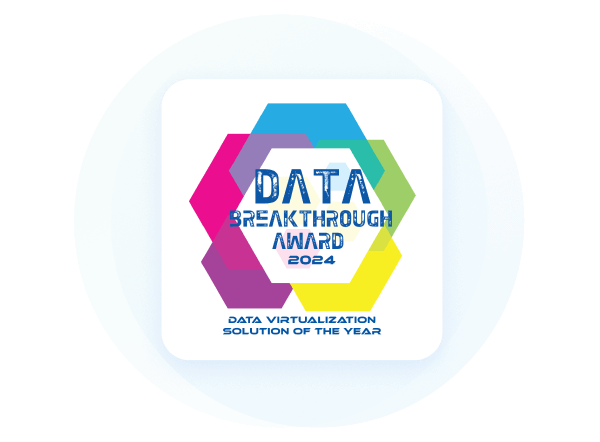Discover how a bimodal integration strategy can address the major data management challenges facing your organization today.
Get the Report →Connect to Microsoft Planner Data in JRuby
Create a simple JRuby app with access to live Microsoft Planner data.
JRuby is a high-performance, stable, fully threaded Java implementation of the Ruby programming language. The CData JDBC Driver for Microsoft Planner makes it easy to integrate connectivity to live Microsoft Planner data in JRuby. This article shows how to create a simple JRuby app that connects to Microsoft Planner data, executes a query, and displays the results.
Configure a JDBC Connection to Microsoft Planner Data
Before creating the app, note the installation location for the JAR file for the JDBC Driver (typically C:\Program Files\CData\CData JDBC Driver for Microsoft Planner\lib).
JRuby natively supports JDBC, so you can easily connect to Microsoft Planner and execute SQL queries. Initialize the JDBC connection with the getConnection function of the java.sql.DriverManager class.
You can connect without setting any connection properties for your user credentials. Below are the minimum connection properties required to connect.
- InitiateOAuth: Set this to GETANDREFRESH. You can use InitiateOAuth to avoid repeating the OAuth exchange and manually setting the OAuthAccessToken.
- Tenant (optional): Set this if you wish to authenticate to a different tenant than your default. This is required to work with an organization not on your default Tenant.
When you connect the Driver opens the MS Planner OAuth endpoint in your default browser. Log in and grant permissions to the Driver. The Driver then completes the OAuth process.
- Extracts the access token from the callback URL and authenticates requests.
- Obtains a new access token when the old one expires.
- Saves OAuth values in OAuthSettingsLocation to be persisted across connections.
Built-in Connection String Designer
For assistance in constructing the JDBC URL, use the connection string designer built into the Microsoft Planner JDBC Driver. Either double-click the JAR file or execute the jar file from the command-line.
java -jar cdata.jdbc.microsoftplanner.jar
Fill in the connection properties and copy the connection string to the clipboard.

Below is a typical JDBC connection string for Microsoft Planner:
jdbc:microsoftplanner:OAuthClientId=MyApplicationId;OAuthClientSecret=MySecretKey;CallbackURL=http://localhost:33333;InitiateOAuth=GETANDREFRESH
Create a JRuby App with Connectivity to Microsoft Planner Data
Create a new Ruby file (for example: MicrosoftPlannerSelect.rb) and open it in a text editor. Copy the following code into your file:
require 'java'
require 'rubygems'
require 'C:/Program Files/CData/CData JDBC Driver for Microsoft Planner 2018/lib/cdata.jdbc.microsoftplanner.jar'
url = "jdbc:microsoftplanner:OAuthClientId=MyApplicationId;OAuthClientSecret=MySecretKey;CallbackURL=http://localhost:33333;InitiateOAuth=GETANDREFRESH"
conn = java.sql.DriverManager.getConnection(url)
stmt = conn.createStatement
rs = stmt.executeQuery("SELECT TaskId, startDateTime FROM Tasks")
while (rs.next) do
puts rs.getString(1) + ' ' + rs.getString(2)
end
With the file completed, you are ready to display your Microsoft Planner data with JRuby. To do so, simply run your file from the command line:
jruby -S MicrosoftPlannerSelect.rb
Writing SQL-92 queries to Microsoft Planner allows you to quickly and easily incorporate Microsoft Planner data into your own JRuby applications. Download a free trial today!






